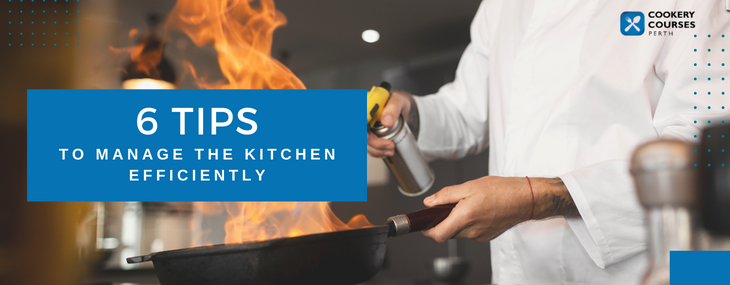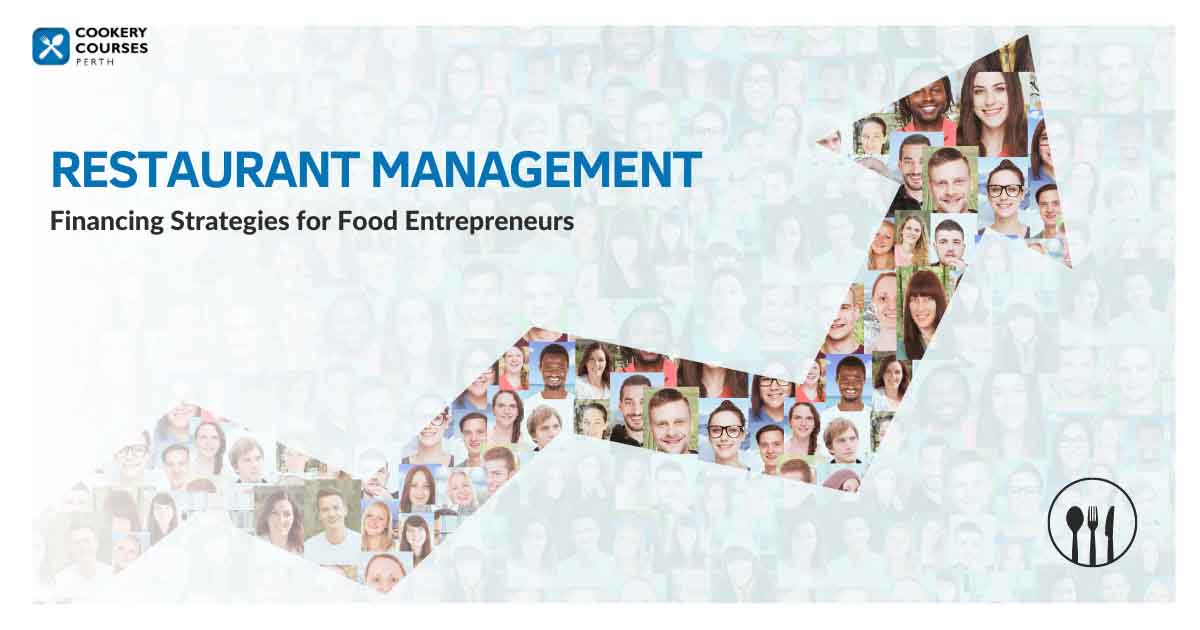How to Choose The Best Culinary School | Best Tips to consider when choosing a culinary school:

All set to pursue a career in the culinary arts? In this article, I am going to teach you how to choose the best culinary school for a rewarding career.
Chances are you are at a point where you know what you want but don’t know how to start. The decision of how to choose the right culinary school can be pretty confusing. Many old-school chefs believe that a real-time restaurant experience is more useful than a classroom learning experience. But did you know that today’s most successful chefs hold a culinary degree?
This is why it has become an imperative in this emerging field.
And many of these top chefs ruling the top kitchens are culinary school alumni who are on the hiring team as well! So, chances are, during the recruiting process, they’ll glance at that “education” column on your resume. They’d obviously prefer to go for the ones with the right qualifications.
Ready to go forward with your culinary degree? Great! Now the question becomes how to choose the best culinary school.
To help you with this, I have mentioned 7 best tips, lets’s have a look
7 things to look for when choosing a culinary school:

1. Accreditation of the school
The key point to consider while opting for a culinary school is to check if it matches a specific set of standards. This is proof that the school offers quality schooling. Also, it enables a cooking school to earn accreditation from credible organizations. The largest accrediting body in the Culinary Arts field is the ACFFAC. Opting for a Culinary School that is ACF accredited is the best choice.
ACF is the finest professional chefs’ organization in America. This org is wholly responsible for regulating culinary schools.
Schools pursuing ACF accreditation are required to undergo an evaluation process of:
- Their facilities
- Curriculum
- Student-teacher ratios
- Qualification of instructors, etc.
In the culinary industry, ACF accreditation is a seal of approval. An ACF-accredited culinary arts school complies with and follows a standard of instruction and imparts premium education.
2. School’s age
As the old adage goes, the older a school gets, the higher the credibility. As true for any educational institution, culinary schools grow with time. The top Culinary Schools are the oldest (mostly), but there are always exceptions.
3. Cost

Tuition fee is a key factor before choosing any school. As every education comes at a price, so does culinary art. A decisive factor in choosing the right culinary school is to get an estimate of the total tuition cost. Some Culinary Arts programs can be very pricey. This helps manage your education expenses better, and opt for the one that suits your budget. But many accredited programs offer a great education at affordable prices. So always do your research to avoid huge student-loan-debts.
4. Hands-on experience
A first-rate program must have some student-run restaurants. This is how students experience real-time restaurant service operations. But just having these restaurants is not enough, the experience should be as realistic as possible. If students only get to serve not more than 30 visitors/customers each day or are only allowed to prepare select dishes, it’s not enough to meet the demands of an actual restaurant. There are certain culinary art schools that let students serve over 400 guests per day in different dining facilities. Sometimes to replicate the real experience, many programs suggest internships. Through this, students can earn extra credit by working in a restaurant.
5. Facilities
The downside of the school that has been around for a long time is the lack of facilities. Community colleges have limited budgets and are comparably small. That makes it tough for them to get new appliances or design modern classrooms and kitchens. Whereas, the newly established schools with higher fees often have newly built, superior amenities. But practically, practicing in the luxury of a new high-tech kitchen does not exactly prepare students for the tough realities of this industry.
6. The proficiency level of teachers

Initially, a student requires some level of hand-holding from his mentor. Professors of a Culinary School must know exactly what they are doing. They need to be masters in their culinary arts.
Visit the website of a college you are targeting and get the faculty details. Try and evaluate the proficiency of the faculty based on the info available on the website. The saying ‘the student is only as good as the teacher’ is all true.
7. Location
While starting your career, look for the schools which are close to infamous restaurants and urban centers. Location is key because it boosts your options and enables you to meet and network with other people. You might get in touch with someone who has already made it big in the industry. You can also double the chances of landing a paid internship or maybe even a full-time position. What’s a better start than that?
Of course, big cities can offer more money, many job options, and a wide array of experiences. But this comes with higher living costs. There are pros and cons to everything. Please note that some suburbs and towns pay higher than the big cities.
If you choose a location like Sydney or Perth the odds are in your favor. Australia has a great multicultural environment, is a hub for tourists, and has some of the best restaurants across the country. Naturally, networking in a place like that can be very lucrative for your career. Pursuing your culinary program in Australia is one of the best career investments you can ever make. Becoming a pro chef in a place like that means you can find great jobs anywhere in the world.
Recent Post

Transform Your Career Trajectory With Commercial C
Apr 04, 2024

Interesting Facts About Commercial Cookery Courses
Mar 04, 2024

6 Tips to Manage the Restaurant Kitchen Efficientl
Feb 06, 2024

Top Soft Skills Seeks In 2024 By Employers
Jan 15, 2024

Advantages of a Commercial Cookery Certification
Dec 12, 2023

Nov 21, 2023

Transform Your Passion for Baking into a Flourishi
Nov 17, 2023

Distinguishing the Roles: Chef vs. Kitchen Manager
Sep 18, 2023

Starting a Food Business in Australia – Hire
Sep 04, 2023

Financing Strategies for Food Entrepreneurs : Navi
Aug 22, 2023
CONTACT US
We are always happy to help out whatever way we can
